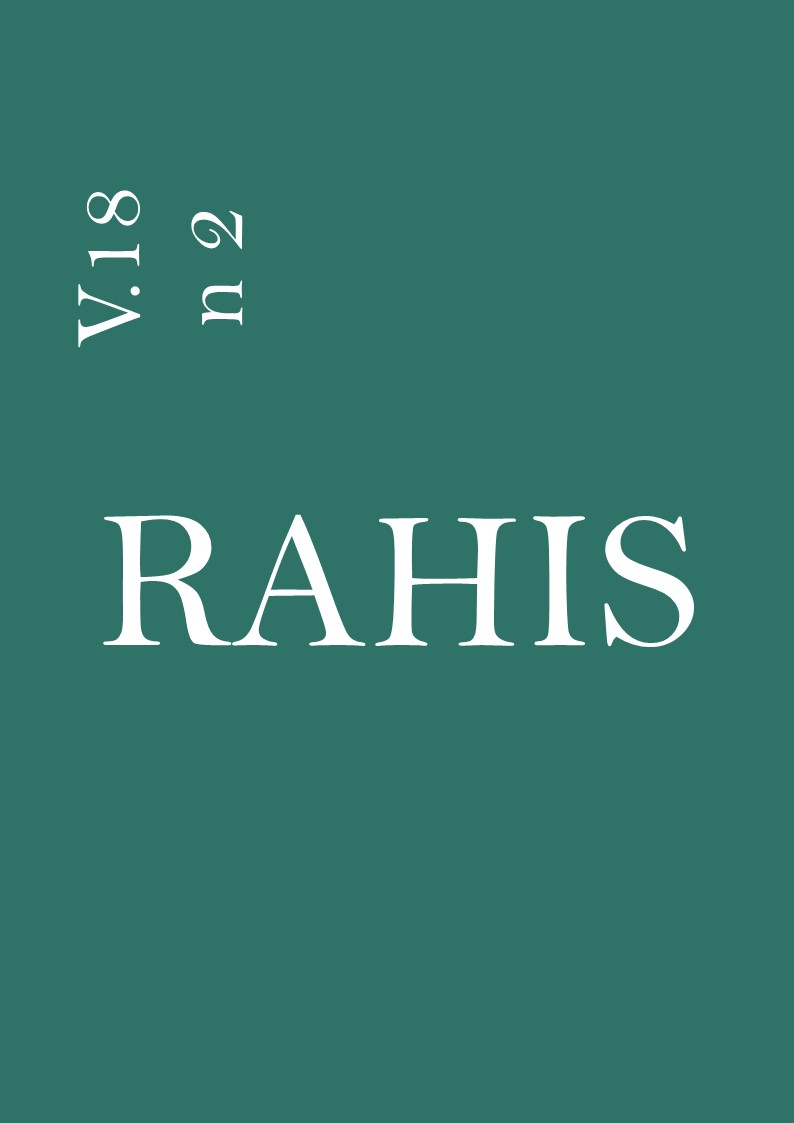Resumen
Objetivo: Este estudio tiene como objetivo evaluar la calidad de vida relacionada con la salud (CVRS) de pacientes con enfermedad renal crónica (ERC) en una organización benéfica en Salgueiro, Brasil, con el fin de apoyar el diseño de políticas públicas que mejoren la calidad de vida. vida.
Método: Metodológicamente, es un estudio cuantitativo descriptivo, con un enfoque prospectivo de cohorte transversal. El instrumento utilizado fue el Health Utilities Index (HUI), en el cual los pacientes en hemodiálisis se autoevaluaron y los médicos responsables evaluaron su estado de salud.
Base teórica: existen pocos estudios que evalúen el impacto del tratamiento médico en la CVRS de los pacientes en Brasil, principalmente en relación con la ERC. De esta manera, este estudio se basó en varios trabajos que abordan el tema, como Romão Junior (2004), Furlong et al. (2001), Rodrigues (2011), Del Nero (2002), Sesso et al. (2016), Carvalho (2012) y Melo et al. (2000).
Resultados: Los resultados mostraron que la mayoría de los pacientes y médicos consideraban que el tratamiento perjudicaba la calidad de vida relacionada con la salud.
Conclusiones / contribuciones: Los resultados de la investigación sugieren que los administradores de políticas básicas de salud pública pueden lanzar medidas que tengan como objetivo concienciar a la comunidad sobre los problemas que más causan ERC, como la hipertensión y la diabetes.

